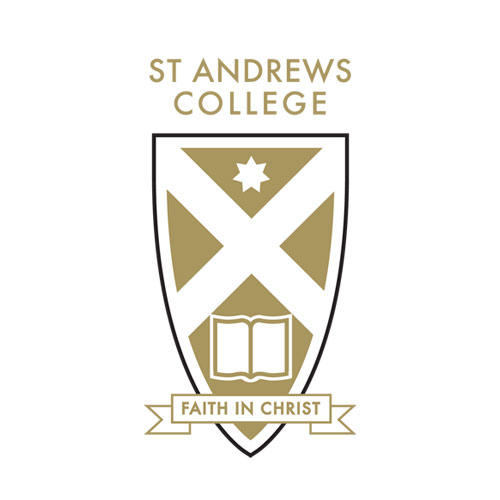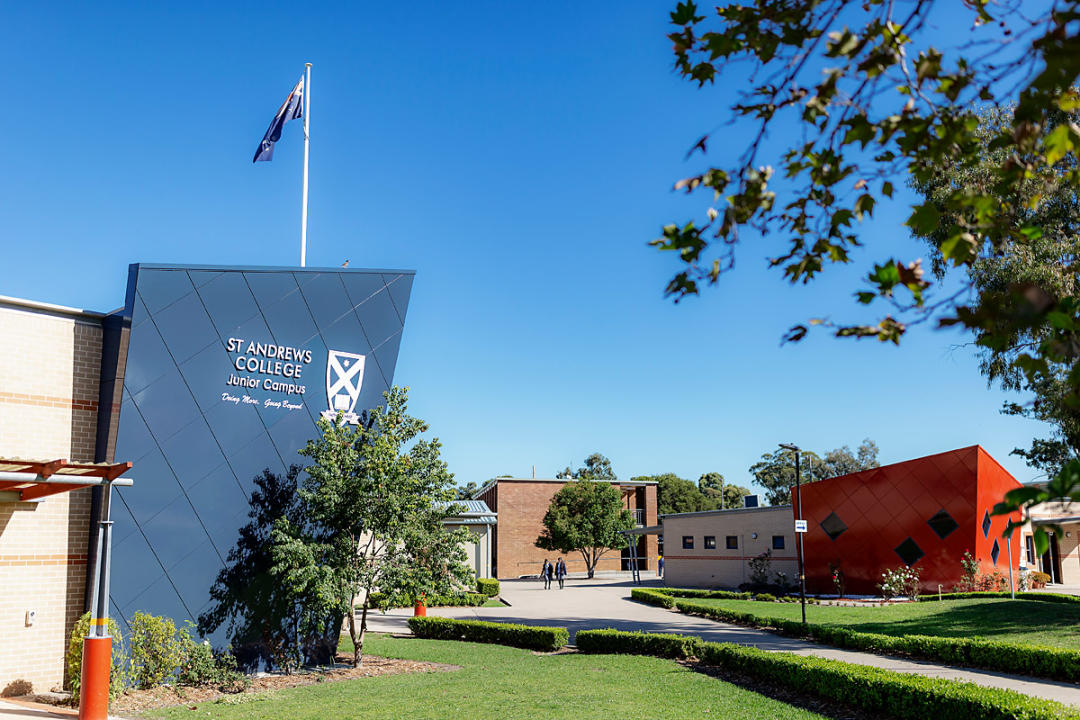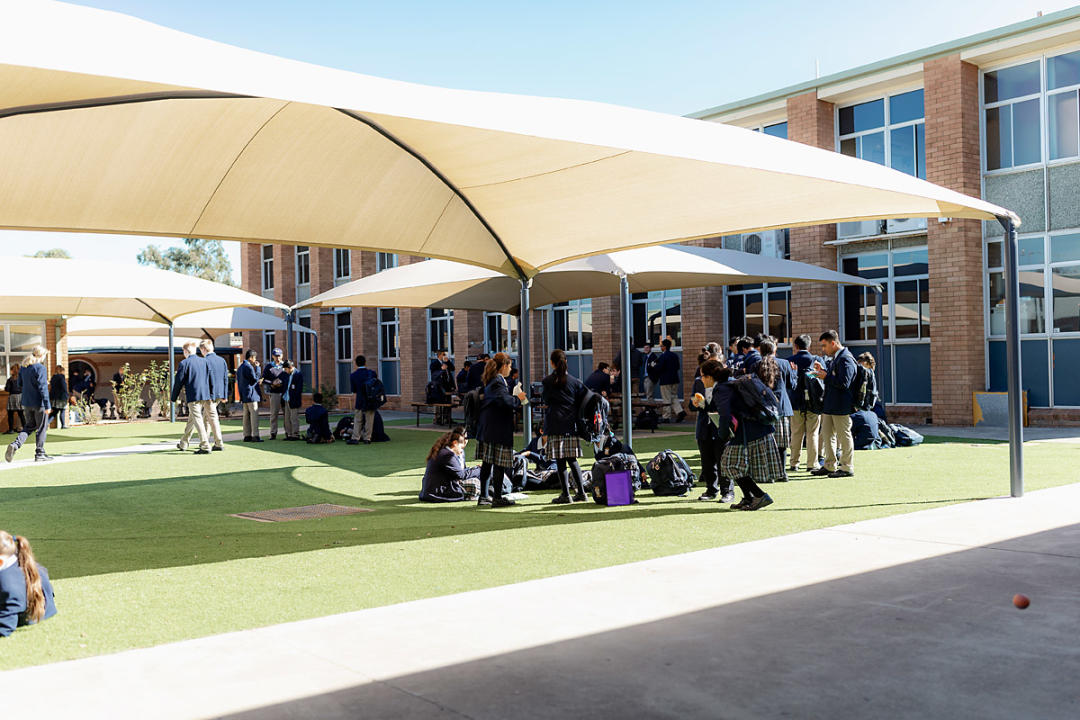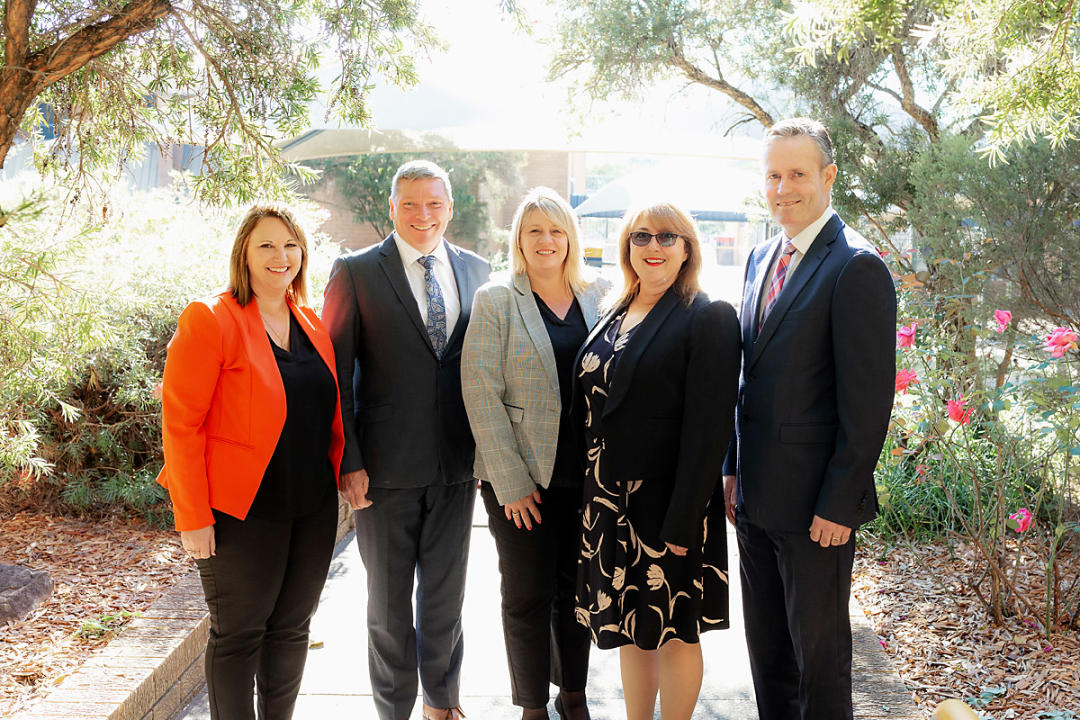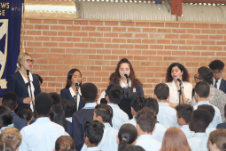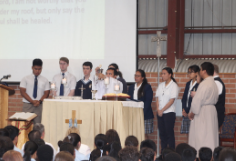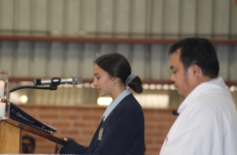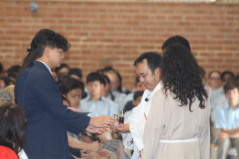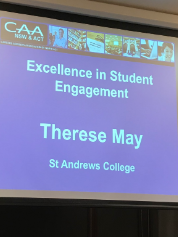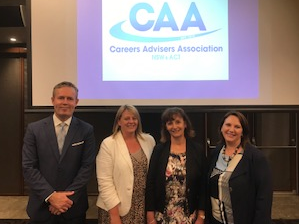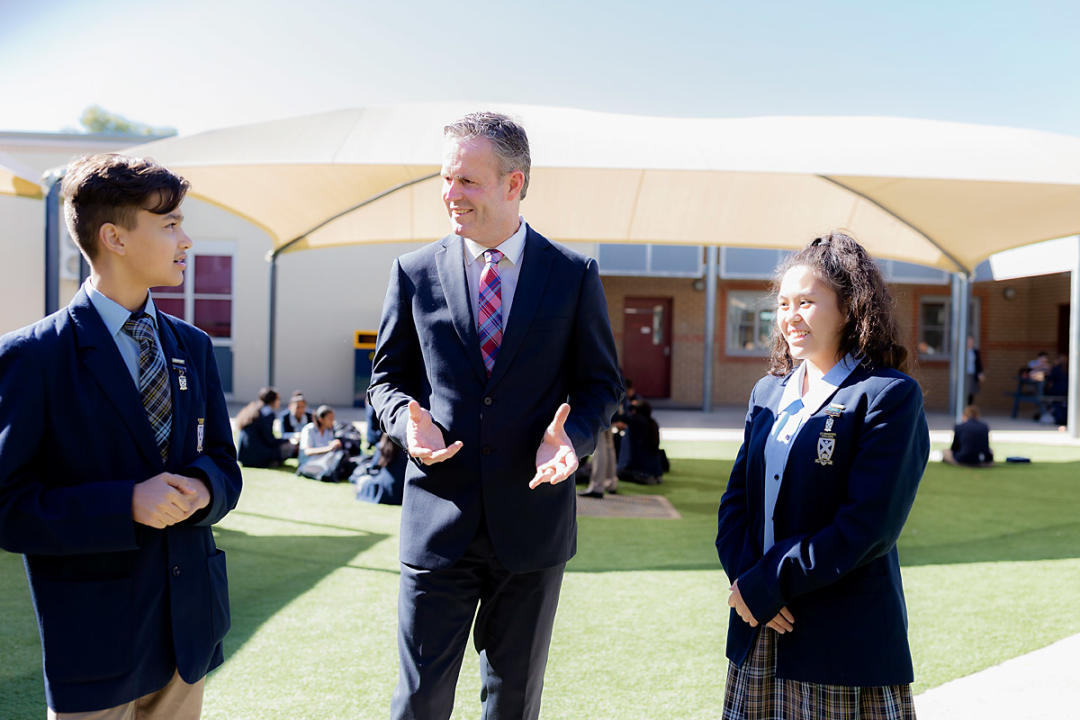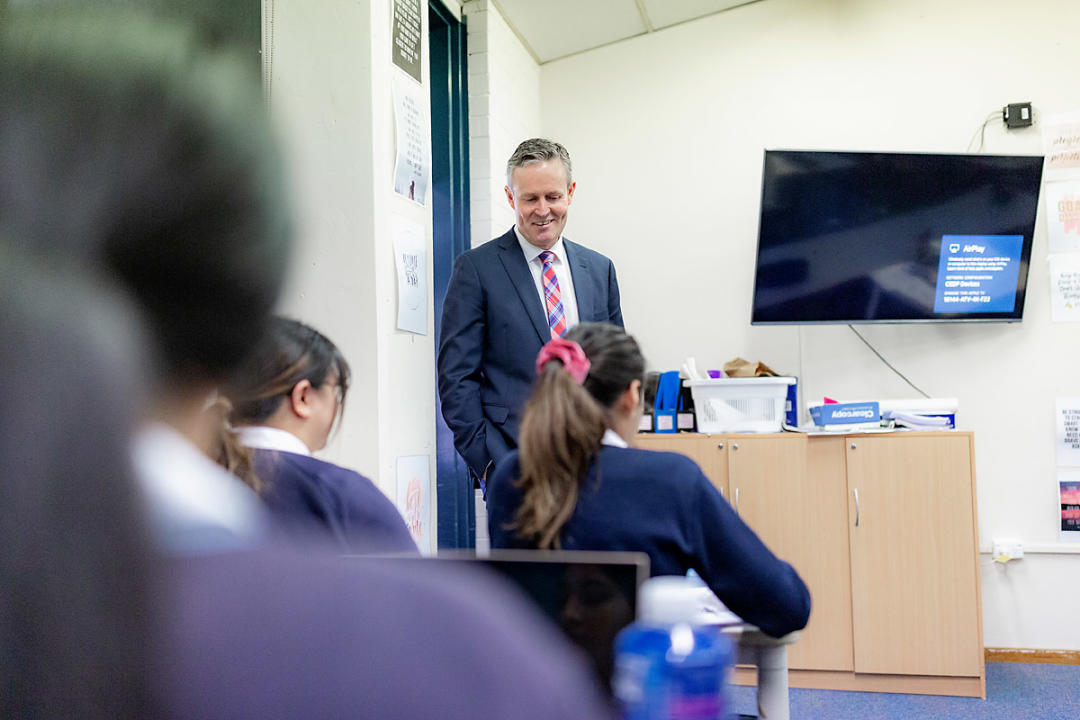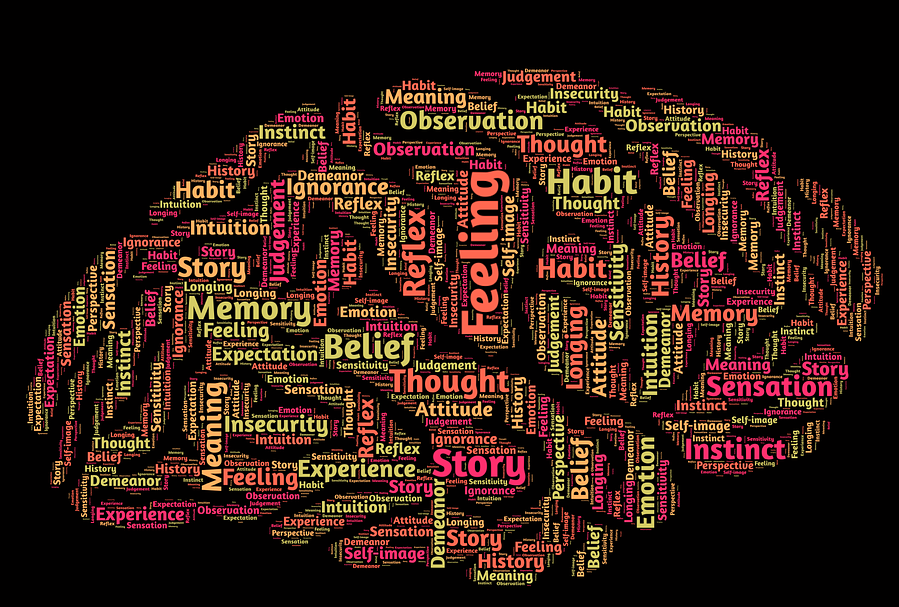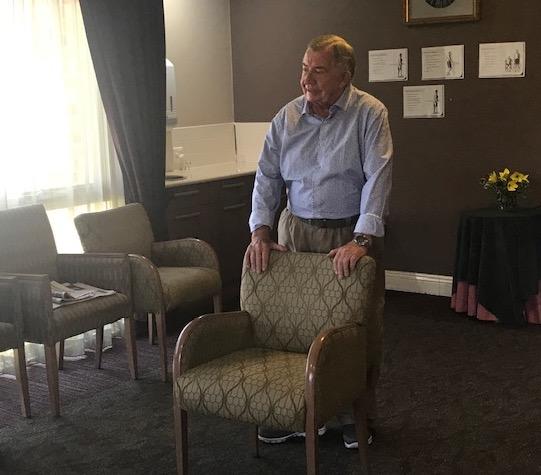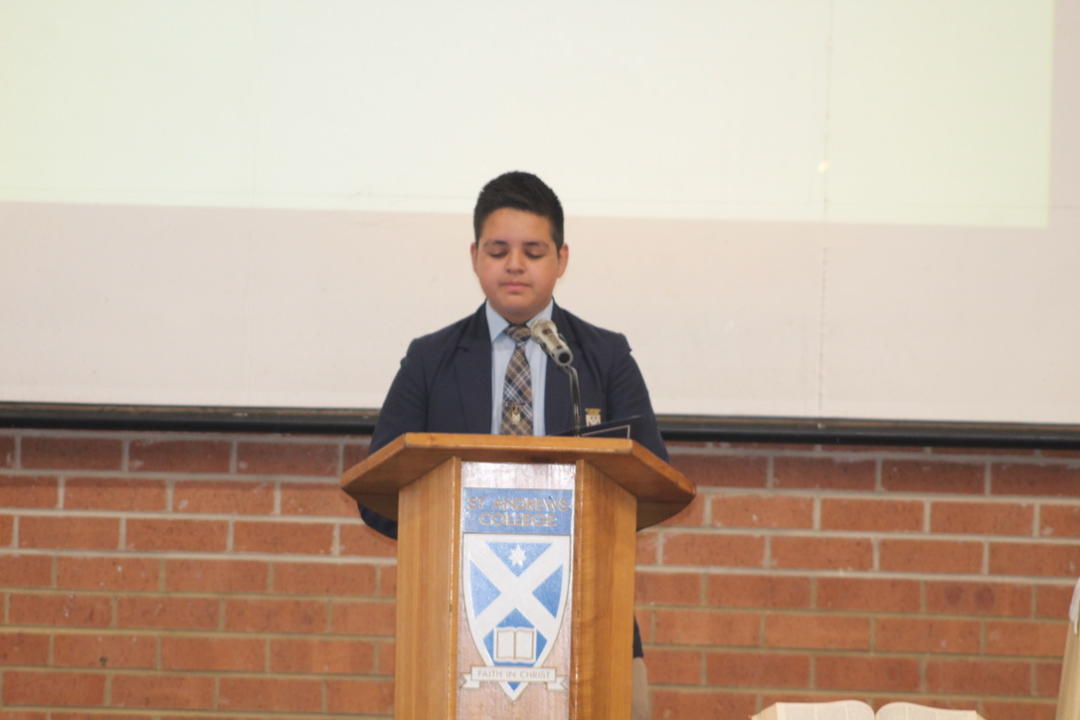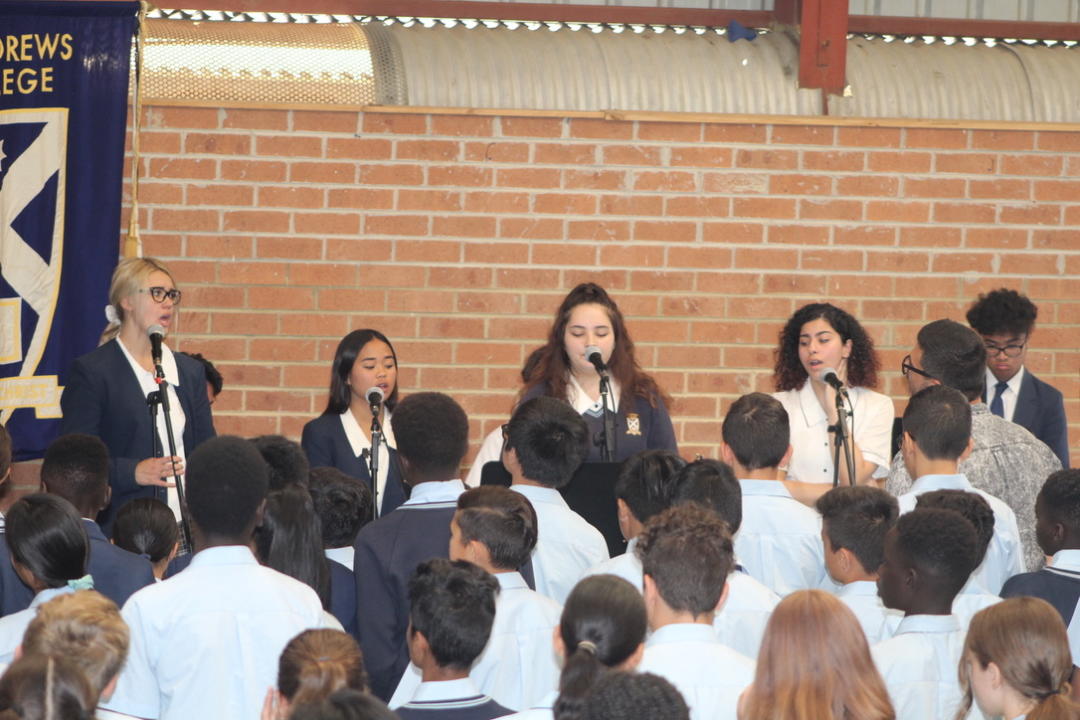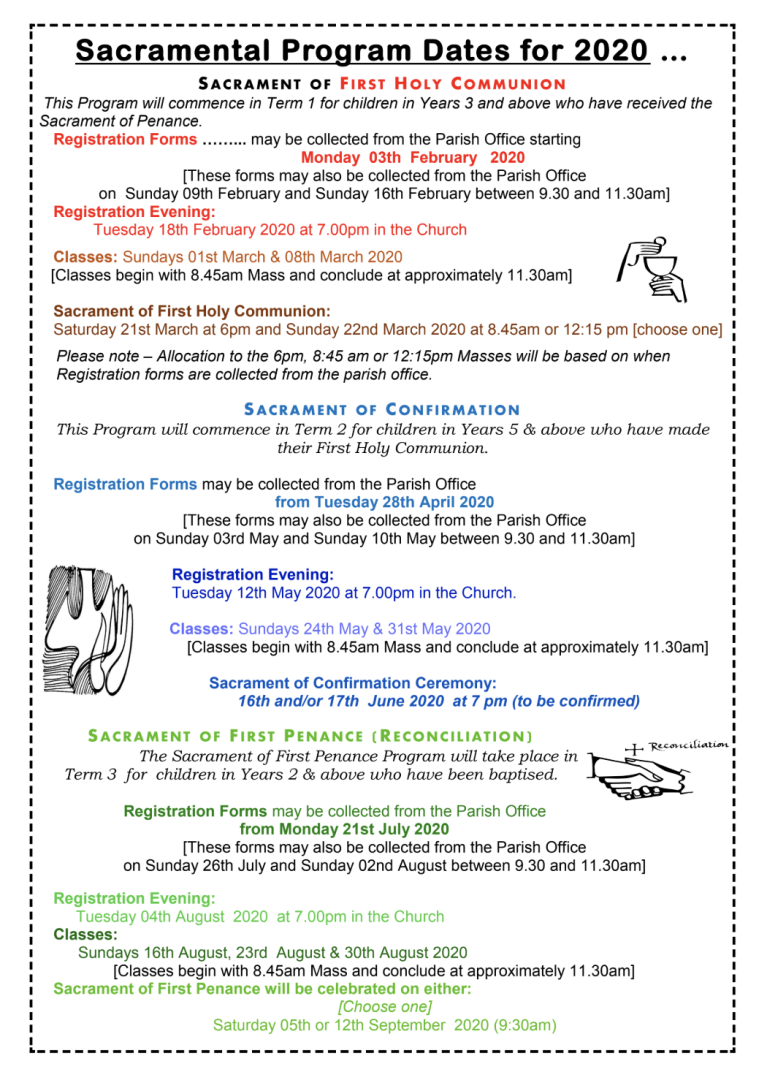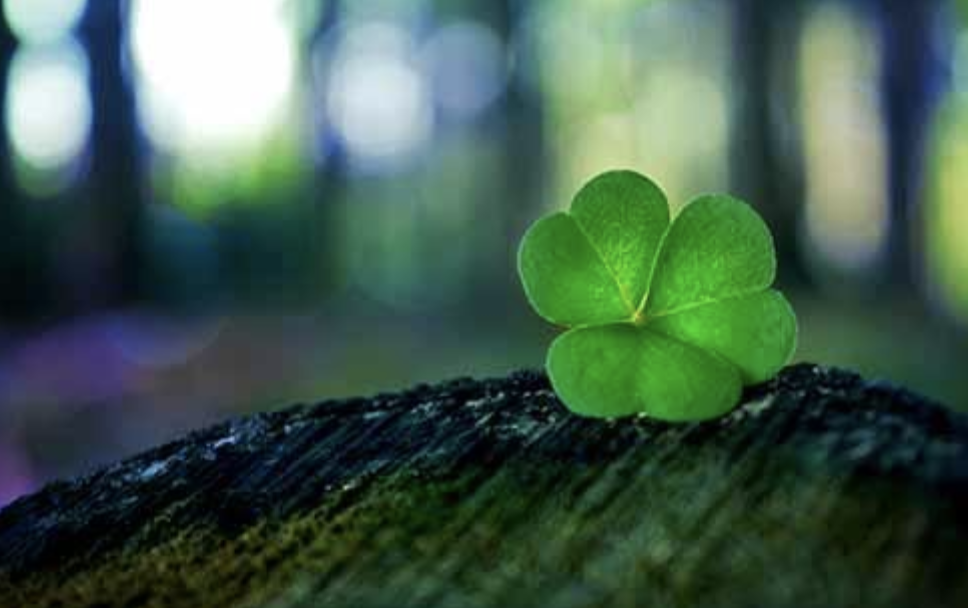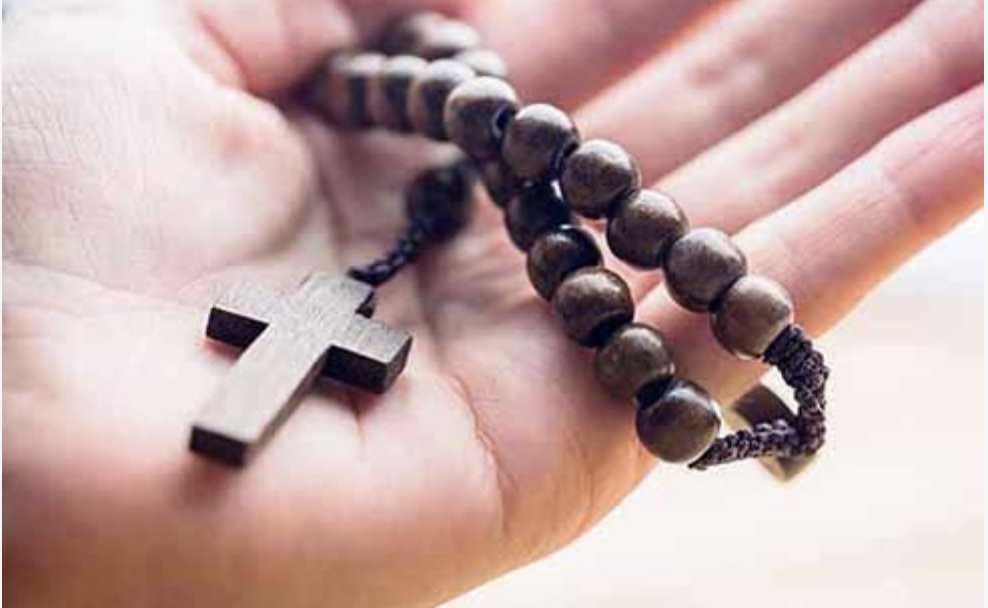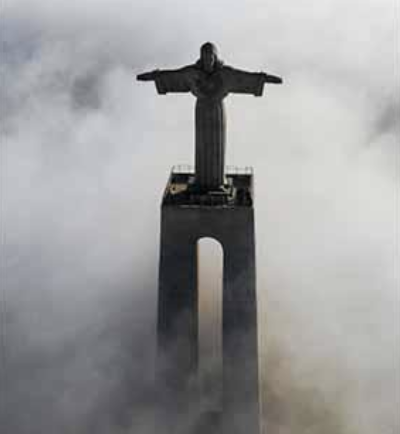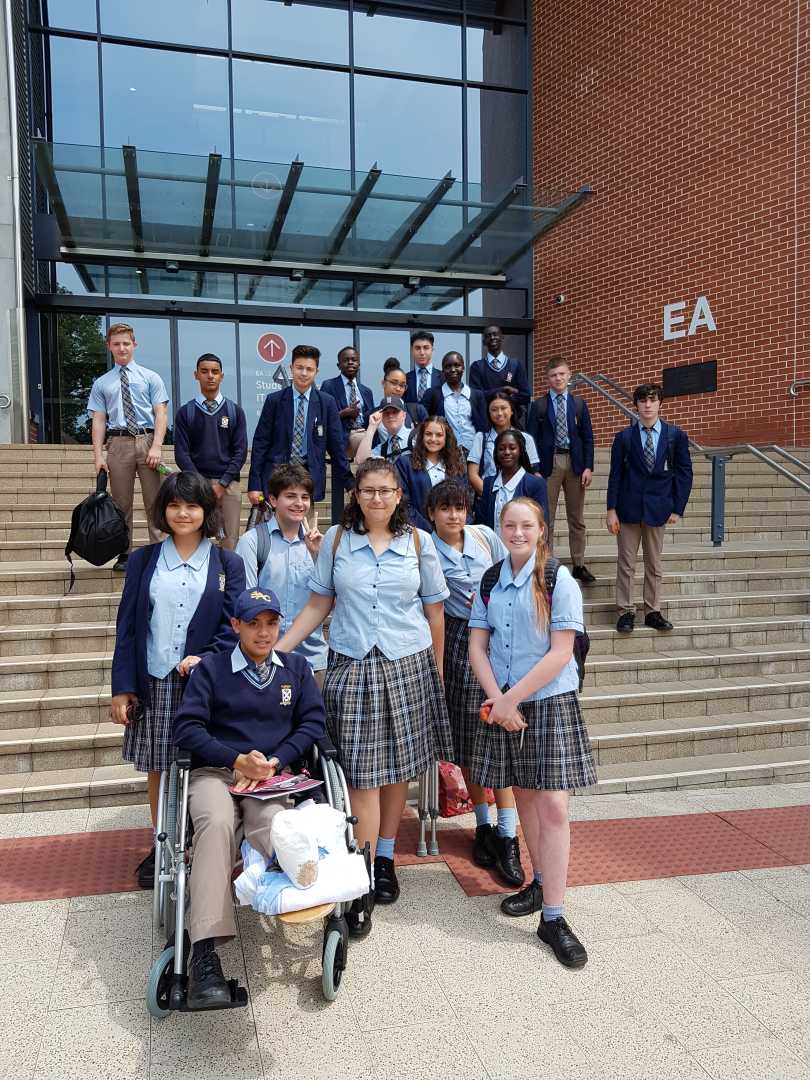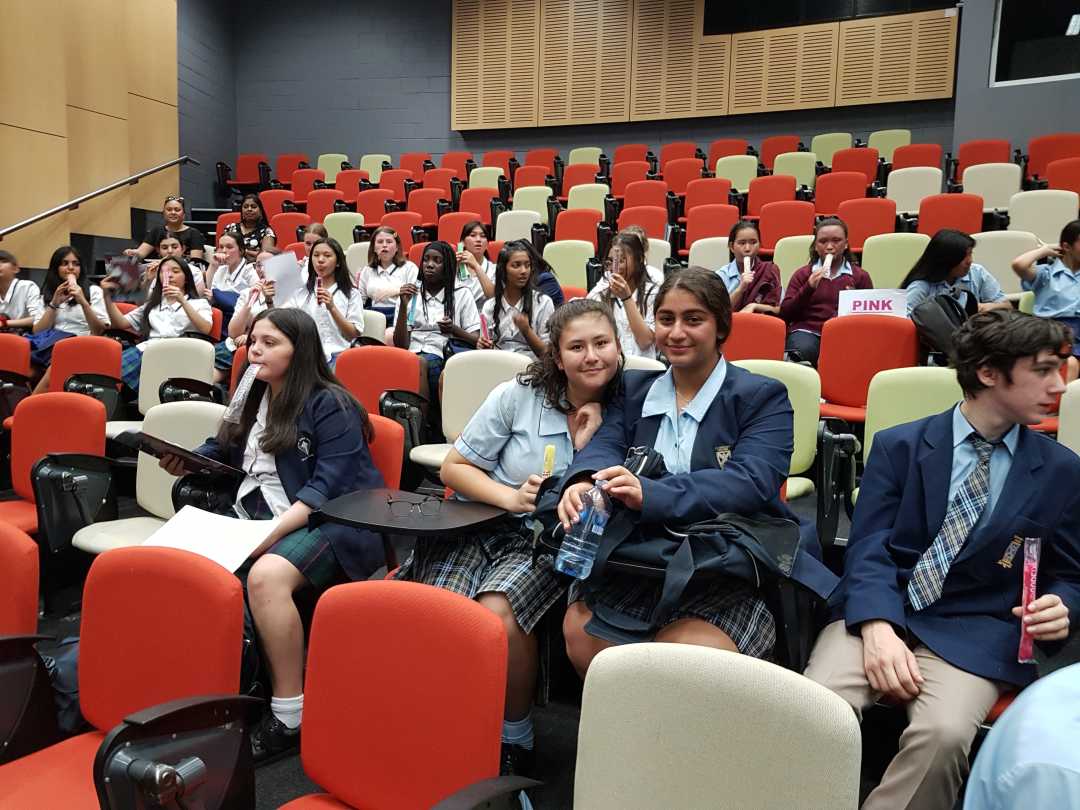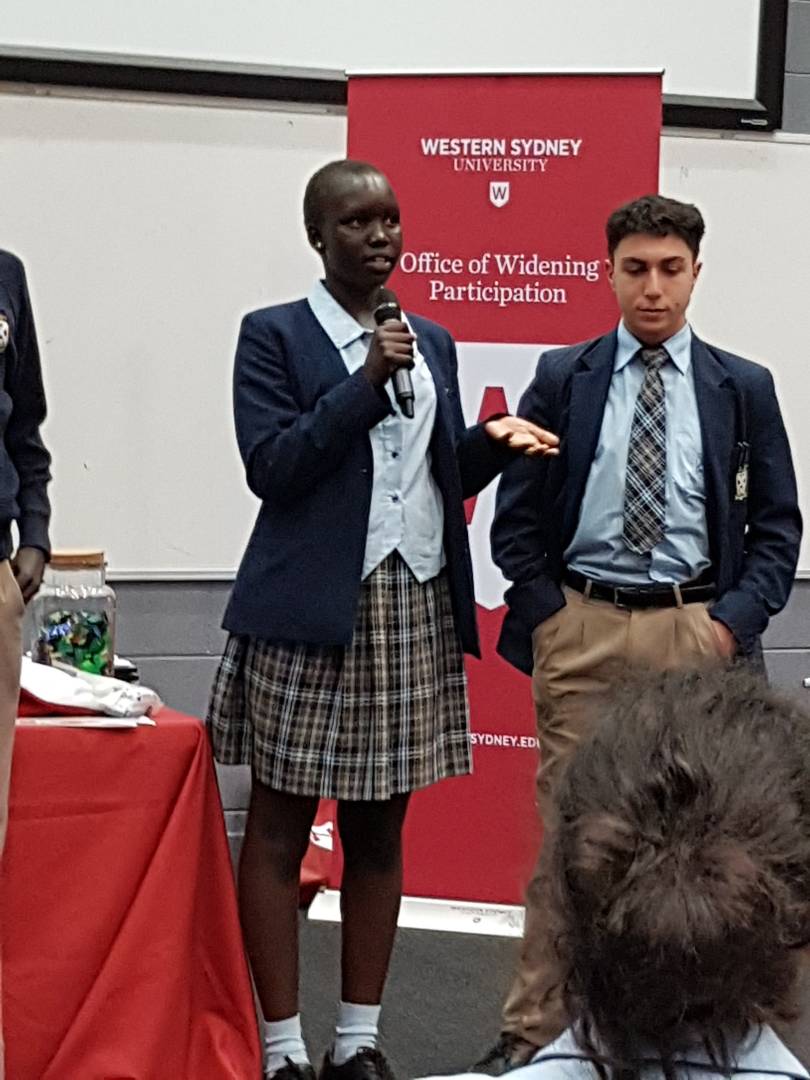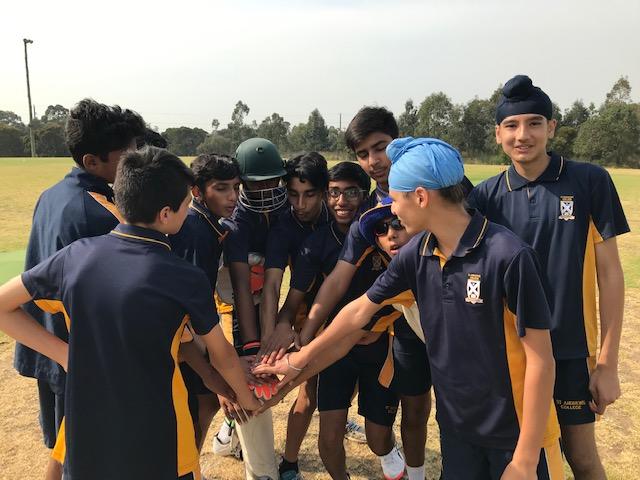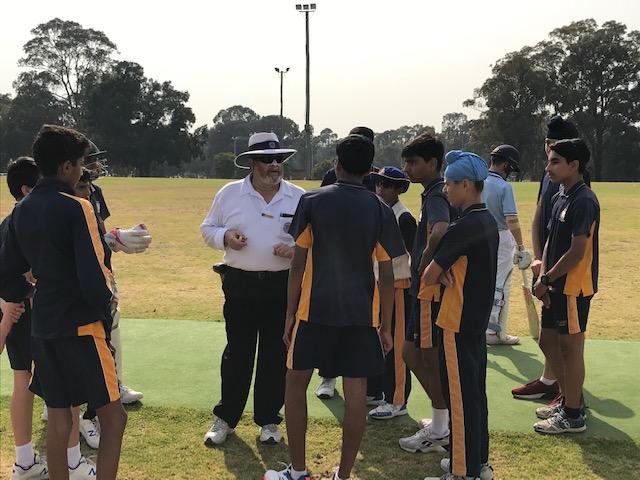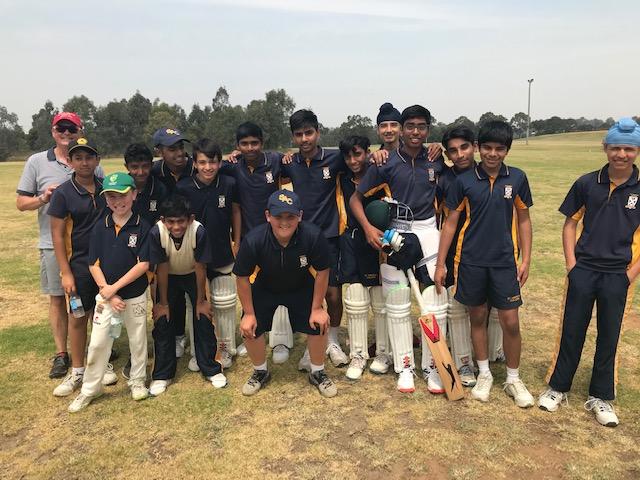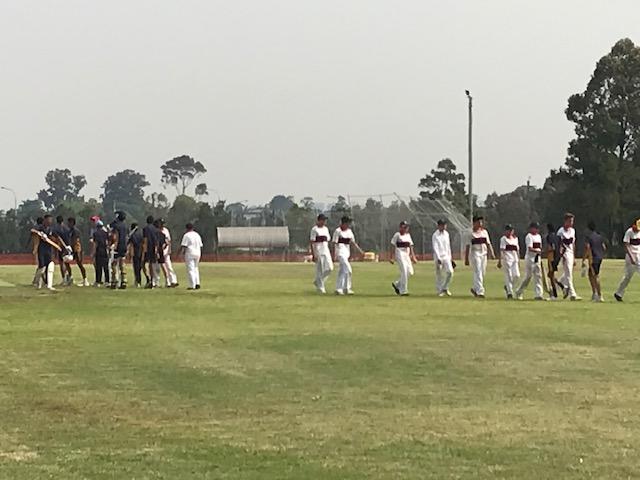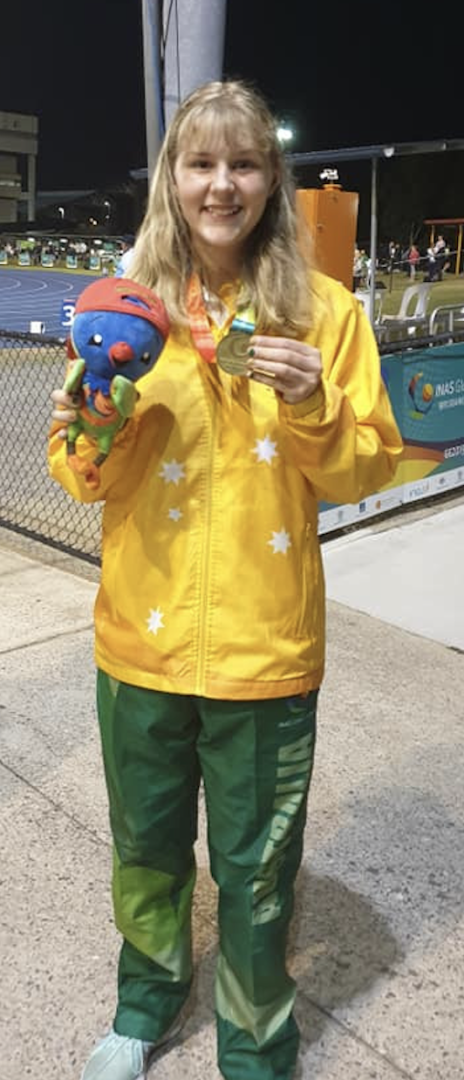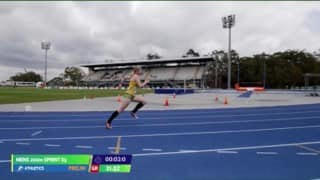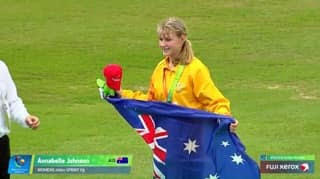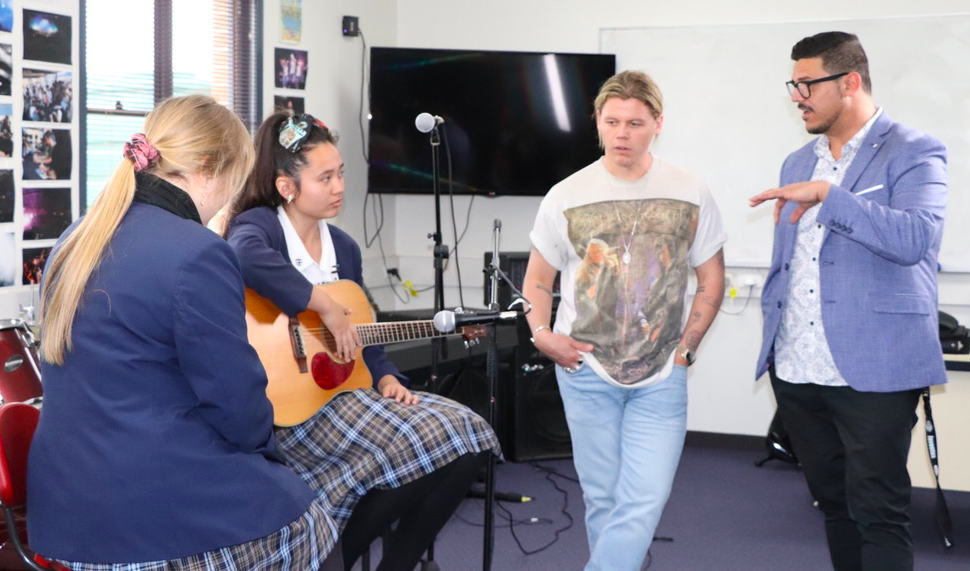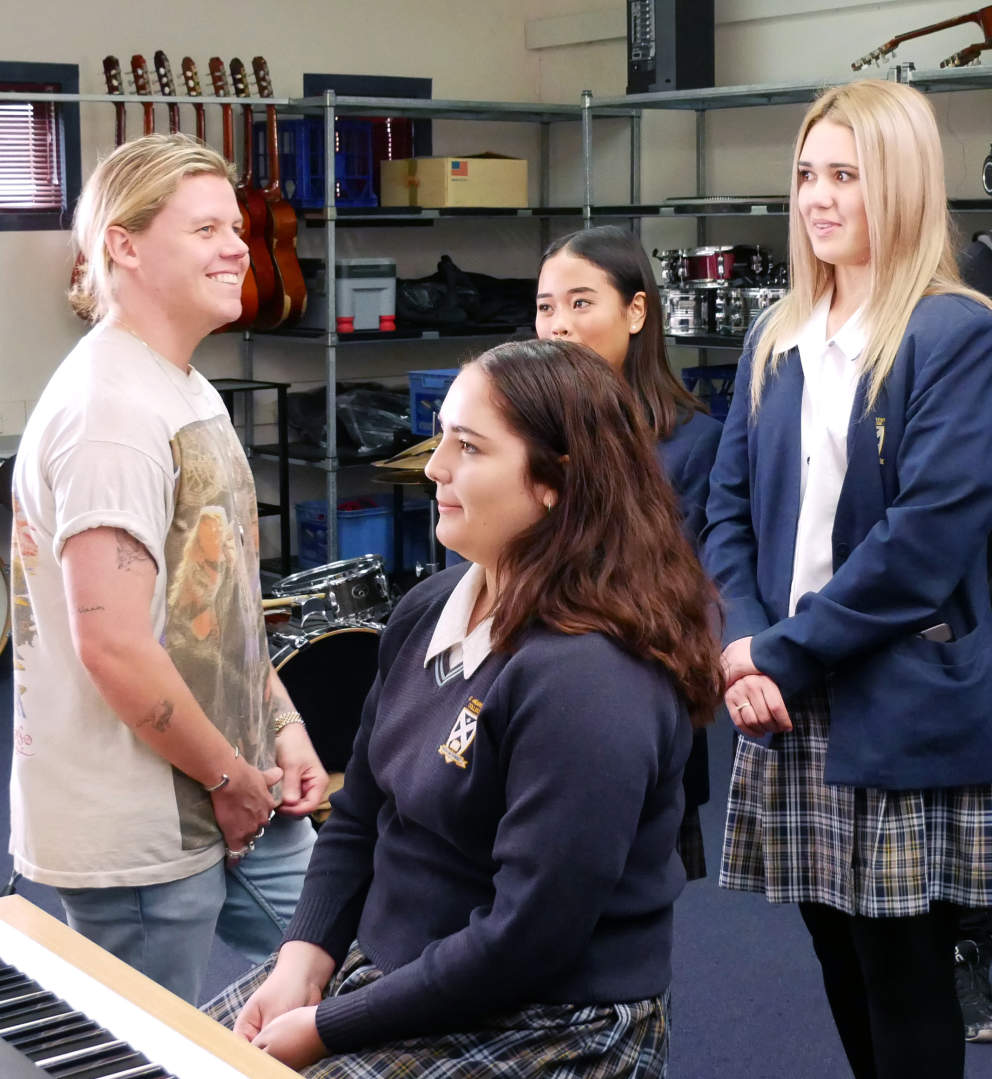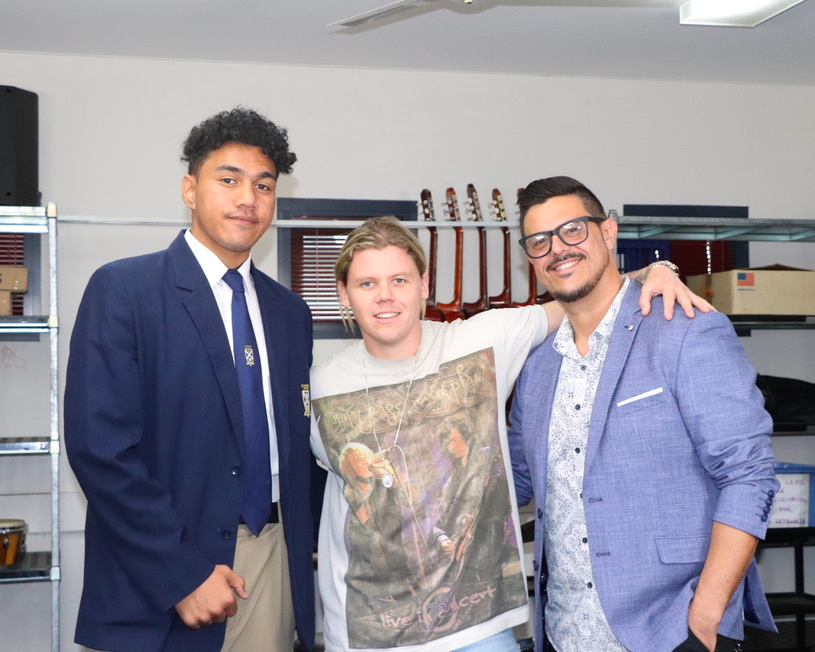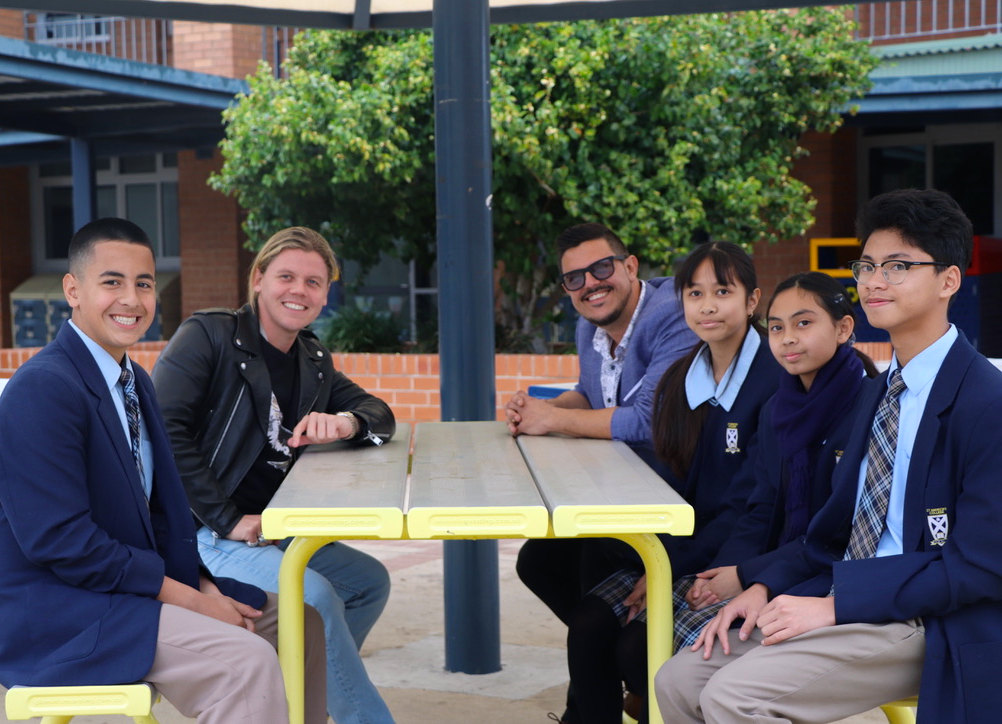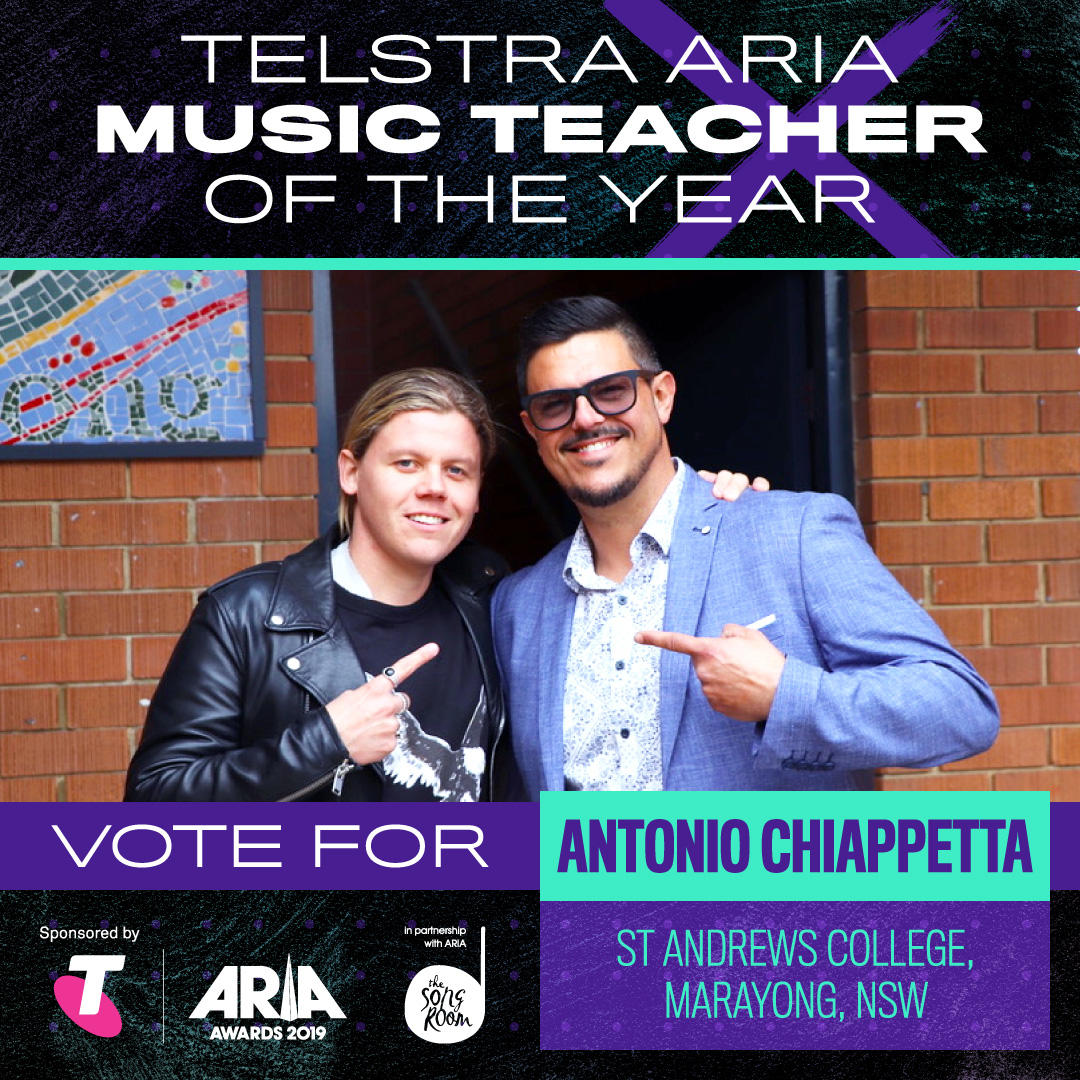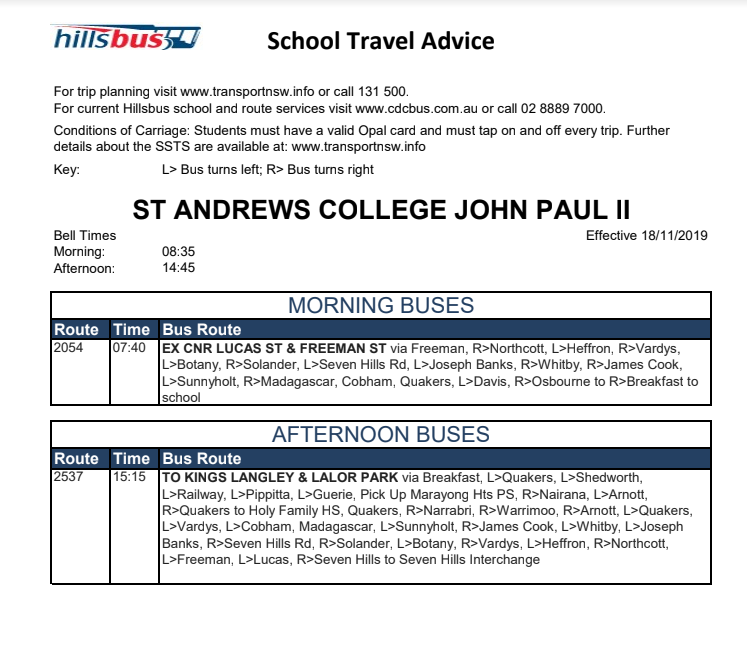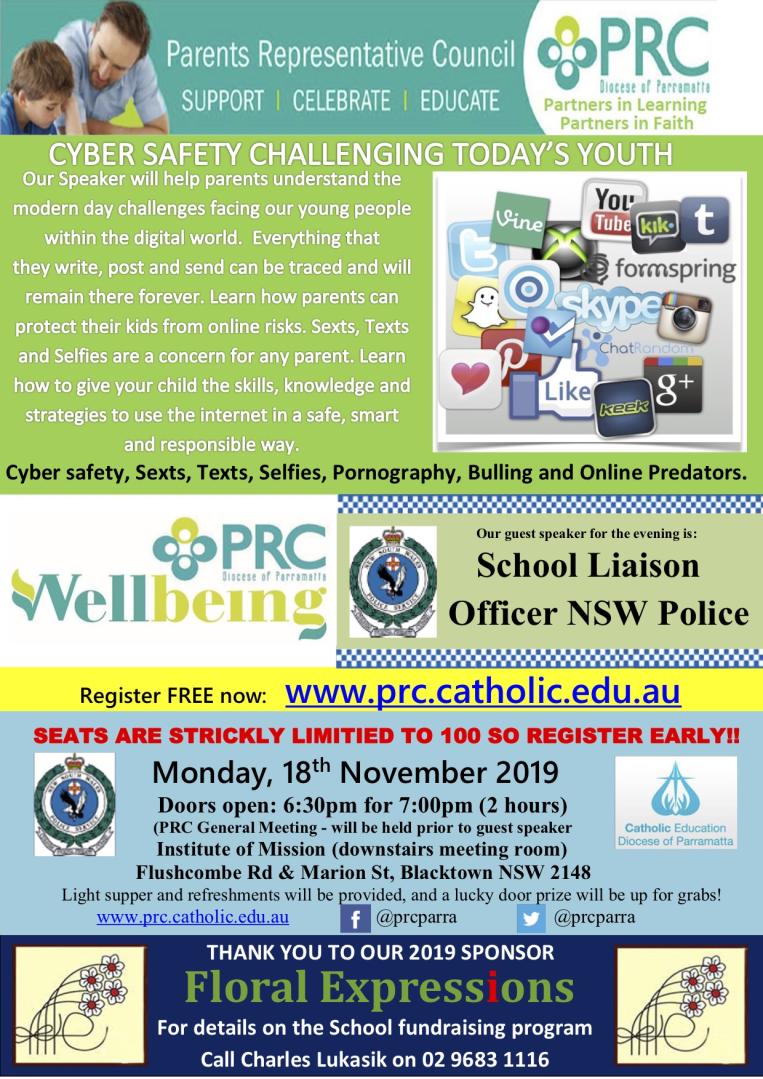Fr Andrew Hamilton | 14 October 2019
The Trinity is often left out of our prayer as we focus on either God, Jesus or the Holy Spirit, rather than the mystery of how they all come together. But does it have to be that way? In this Explorations, we explore how the Trinity can help bring us into a deeper relationship with God.
We often find ourselves arguing about whether God exists and whether prayer makes any difference. The conversation rarely leads anyone to change their mind.
It is much rarer, however, for us to find occasions to ask who is the God to whom we pray. Yet the kind of God we believe in shapes the way we pray. It also shapes the ways in which we compare our own prayer to that of people who are not Christians, and how we understand the extraordinary gifts of prayer that we read about in the Saints.
We Christians, of course, believe that God is the Trinity: the one God who is Father, Son and Holy Spirit. But if we are pressed to describe what that means, we may find it hard to say anything more. We usually resort to replying that the Trinity is a mystery. We shall then also struggle to say how God being the Trinity affects how we pray, apart from the fact that our public prayers often end by mentioning the Father, Son and Holy Spirit.
Perhaps, however, we may be missing something about what it means to speak of the Mystery of the Holy Trinity. In ordinary speech a mystery is something that we cannot understand. It is beyond us. If we call God a mystery, we may mean that God is so far from us that we cannot even begin to understand what God is like. If we call the Trinity a mystery we will mean that, no matter how we try, we can never understand how three persons can come together in one God. God is too far away from us to be understood.
When the New Testament speaks of the mystery of God, however, it does not first of all have in mind who God is, but how God relates to us and what God does in our world. For the early Christians the Mystery of God meant that God is not remote but comes into our world and our lives like a gale and blows apart our previous ways of thinking. God is not a mystery because he is too remote to be understood but because he has come so close to us and is so intimately present in our lives that we are left speechless. The Mystery of the Trinity refers to a God who has come into our world in Jesus in ways that change forever the way we see God and our relationship to God.
Sharing in the life of God
Ultimately it is Jesus who has changed our way of thinking of God and of praying. We believe that in Jesus God has shared our life and death and that in Jesus’ rising from the dead we are invited into the life of God. That is mind-blowing in what it says of God’s love for us and desire to be with us. It blows out of the water any idea of a distant God who is an absentee landlord, a hanging judge or uninvolved in our world.
The recognition that in Jesus God has come into our world and shared our life is also mind-blowing in what it says about God. Think about what it says about God, for example, when a tortured Jesus on the cross prays to God as Father. If we believe that God is so intimately present in Jesus that we must say that the Son of God himself hangs on the cross for us and prays to God as his Father, we cannot see this conversation simply as between a brave man and God. It takes place within God. We cannot imagine God as isolated and alone, but must see God’s life as relationship. When we read, too, that God sends the Holy Spirit to be with us and to remind us of Jesus, we must think of God’s life as a relationship between Father, Son and Holy Spirit.
The Mystery of the Trinity involved a new and startling way of relating to God, which comes from our faith that Jesus is God’s Son who has shared our human life and death in order to invite us to share God’s life as the relationship between Father, Son and Spirit. The Mystery of the Trinity is not some mysterious new information that God has given us, still less a puzzle to be solved, but the recognition that God has come into our world and that our own world has changed forever.
Although we certainly need to find ways to speak coherently about our faith in God as Father, Son and Holy Spirit, that is a secondary task. What matters most is the new relationship to God to which we have been invited through Jesus. We are not to see God as distant and unapproachable, but as intimate and close, not just a creator and judge but a brother and friend, not as master but as family, not as thing but as relationship.
